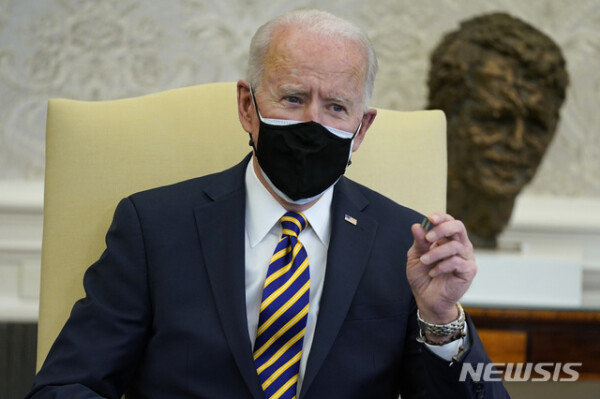According to the business world on the 25th, Korean battery companies such as LG Energy Solution, SK Innovation, and Samsung SDI are expected to benefit from this measure, while requesting to build production facilities in the US is expected to increase. Compared to Europe and China, the United States is inferior in battery production capacity competition. In addition to Japan’s Panasonic, which only produces Tesla batteries in the US, only LG Energy Solutions and SK Innovation plants in Korea are being built. China’s CATL, the world’s number one, has not been able to enter the US.
Batteries should be mainly produced near automakers considering transportation costs. The US government is expected to block CATL from entering the US and demand Korean and Japanese companies to invest and expand capacity in the US. This is an opportunity for Korean battery makers to hold back Chinese makers in the US and allied markets, where growth is certain.
The semiconductor industry is also keen on the direction of the Biden government’s actions. Although China is in the forefront of semiconductor growth, its production capacity and level of development are less than those of the United States, Taiwan, and Korea, so the dependence of US information technology (IT) companies in China is not high. Some analysts say that the pressure of Korean companies to expand semiconductors in the US will be even stronger, like TSMC, which is building factories in the US. There are also observations that the U.S. administrative measure would go beyond removing China from its supply chain to prevent allied parts from entering Chinese companies. The precondition could be that “to enter the US supply chain, exports to China must be restricted.” In this case, Samsung Electronics and SK Hynix, which have local production lines in China, may face a situation in which they have to make a difficult choice for the two major markets, the US and China. SK Hynix’s sales in China account for about half of its sales. Professor Jeong In-gyo of the Department of International Trade at Inha University said, “It will depend on how the US will present detailed guidelines, but in any case, it is by no means an optimistic situation for Korea.” “This is a bad signal for Korean companies that are either dependent on exports to China or are dependent on exports to China.”
Reporter Kwak Do-young [email protected]Go to reporter page>
Reporter Seo Dong-il [email protected]
Reporter Hong Seok-ho [email protected]
Copyright by dongA.com All rights reserved.
—
–


